When choosing the best shampoo after the Keratin treatment, it is very crucial to do that while viewing the longevity of the procedure and hair health.
Here are some elements to consider when selecting a shampoo: Now behave, so you are capable of being more competitive within that market if you wish to be a more powerful competitor within that sector.
Sulfate-free:
Recommended shampoos should be used daily as frequent washing washes away the keratin layer, which is damaging to the treatment. This is recommended because sulfate will further damage the hair and make it difficult for one to keep it in its Keratin-treated form. Same for these shampoos, they are not so gutsy, and yes, they will not harm the keratin layer.
Keratin or protein-infused:
It is also good to note that if you are on a keratin or protein treatment, shampoos that contain keratin or protein help replenish any lost keratin and support the hair strand. It could be most helpful if your hair is fine or damaged, for instance, and other examples could be mentioned.
Moisturizing and hydrating:
Some of them might give the hair that silky and smooth look and feel however some of them might leave the hair looking and feeling very dry or rough. Choose the best moisturizing and very hydrating shampoo that will help your hair to be very effortless, very smooth, and very gentle. Among the so many ingredients, select hyaluronic acid, Shea butter, or coconut oil for your skincare products.
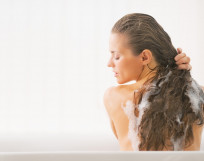
vista.com
Table of Contents
ToggleKeratin Treatment’s Benefits and Side Effects
Keratin treatment is a chemical process that aims to smooth, straighten, and reduce frizz in your hair. It works by coating hair strands with keratin, a protein naturally found in hair, and using heat to seal it in.
Benefits:
- Smoother, straighter hair with reduced frizz
- Shorter drying time
- Increased manageability and shine
- Can last for several months
Side Effects
- Extreme heat: The high heat used during the treatment can damage hair proteins, leading to dryness, breakage, and split ends. This risk is especially compounded if the hair is weak or damaged in the process of being ‘fine’.
- Chemicals: Some keratin treatments contain formaldehyde, which is injurious to health and may lead to inflammation of the scalp area as well as respiratory problems. Newer formaldehyde-free options are available but may not be as effective.
- Protein overload: Overuse of keratin treatments can build up the protein in the hair, making it stiff and brittle.
Keratin Treatment and hair loss
While some argue keratin treatments can contribute to hair fall, it’s vital to understand that hair loss can have many underlying causes, and the treatment might not be the sole culprit. Some potential contributors to hair fall after keratin treatment include:
- Scalp irritation: Chemicals in the treatment can irritate the scalp, leading to temporary hair loss.
- Underlying hair loss conditions: If you have an existing hair loss condition, the treatment might exacerbate it.
- Broken hair: Damaged hair from the heat or chemicals can break off, appearing as hair loss.
- Stress: Stress and anxiety is also a cause of hair loss.

vista .com
Important Points:
- Discuss your hair health and concerns with a qualified hairstylist before opting for a keratin treatment.
- Look for formaldehyde-free options and salons with experienced professionals.
- Follow post-treatment instructions religiously to maintain the results and minimize potential damage.
- Avoid overdoing keratin treatments to prevent protein overload and potential hair issues.
- If hair health is a primary concern, explore gentler smoothing options like hair masks or blowouts.
Best Shampoos for Hair Fall Prevention:
I cannot definitively recommend specific “best” shampoos for hair fall prevention as the effectiveness can vary greatly depending on the underlying cause of your hair loss, your individual scalp and hair type, and other factors. However, I can provide you with some guidance on choosing a shampoo that may be helpful for you:
Understanding Hair Loss:
Hair loss can have various causes, including genetics, hormonal changes, medical conditions, nutritional deficiencies, stress, and even certain hairstyles. It’s important to understand the root cause of your hair loss before choosing a shampoo, as a targeted approach is often more effective.
Choosing a Shampoo:
While shampoos alone cannot cure hair loss, they can play a supportive role in a comprehensive hair care regimen. These are some key elements to think about when choosing a shampoo:
- Gentleness: Avoid harsh shampoos with sulfates, which can strip your scalp of natural oils and potentially worsen hair loss. Opt for gentle, sulfate-free formulas.
- Ingredients: Look for shampoos containing ingredients known to support hair growth or scalp health, such as biotin, caffeine, saw palmetto, niacin, zinc, and rosemary oil. However, remember that the evidence for the effectiveness of these ingredients varies, and they may not work for everyone.
- Scalp type: Choose a shampoo suitable for your scalp type, whether oily, dry, or sensitive.
- Hair type: Consider your hair type (fine, coarse, curly, etc.) and choose a shampoo that won’t weigh it down or cause dryness.
Why Do You Need Sulfate-Free Shampoo After Keratin Treatment?
These sulfate-free shampoo products are significant to elimination since they have a direct effect on your hair and scalp health. The sulfate-free shampoos are necessary since they have the specific function of doing particular things to your hair and scalp which other shampoos containing sulfate cannot do. Sulfate commonly being referred to as one of the harshest chemicals that was earlier used in shampoo primarily for generating lather and foam. Its side is the benefit as this procedure helps to get rid of oils and moisture on your hair shafts.
Which then contributes to more dryness and breakage, frizzy hair, and dandruff This is because daily washing will strip the hair and scalp of its natural sebum and oil hence leading to more dryness and breakage, frizzy hair, and dandruff. As a follow-up process and the type of hair that one has visited the salon or naturally is important to use sulfate-free shampoo.
Do you think sulfate shampoos are bad for your hair after keratin?
In some conditions, sulfate shampoos can be bad for your hair. They deprive away natural oils, causing dandruff and hair loss. It is used in shampoo to create lather. So use a sulfate-free shampoo after keratin treatment.
Sulfate shampoos clean off the keratin treatment, which is meant to stay in your hair for up to three months. Using a regular or after-keratin shampoo after getting a keratin treatment.
READ MORE:15 best shampoo for dry damage hair, Try Must
Additional Tips:
- Once the styling products have been washed off your hair and you are allowed to restyle your hair, do not immediately revert to the gels and mousses.
- Instead of using sure which might cause frustrations, use a mild one that does not contain sulfate. A lot of normal shampoos contain detergents which can be bad news for the treated parts of your hair.
- One should refrain from washing her hair for the first two days of tweezer hair removal. If you do not want to completely dry your hair, it will be harmful to the hair. Do not use a comb or brush to comb through the wet hair because this will lead to hair breakage.
- Eating balanced and healthy meals, and having proper sleep.
- The different shampoo might take some time before one sees the positive effects, perhaps over 3-6 months.
- For the keratin treatment to effectively infuse itself into your hair strands, you need some time. In the case of washing the carpet, if you do this very early, you will be washing the chemicals from the treatment before they have had the chance to firm up.
- That is why, condition once or twice a week rinsing with a nutrient-rich conditioner. In between washes, wear a moisturizer to your hair once or twice a week to avoid drying out your hair.
- If you do get wet, it is advised, if possible, to rebraid your hair to prevent it from returning to its original state.
- It will take some time for your hair to soak the keratin treatment that is supposed to be applied to your hair. If you wash it earlier, what you will be doing is to wash off the chemicals that have been used in the treatment, before they are allowed to set. Use hair care products like gels and mousses will build up and weigh down your hair but not too much. You should avoid these products like alcohol, sulfate, or paraben.
- Using a blow dryer on your hair after keratin is harmful to the hair.
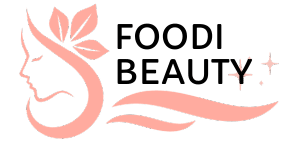

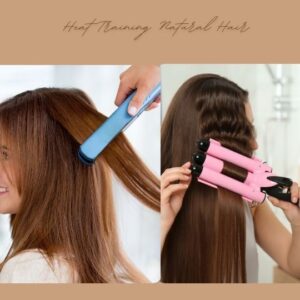



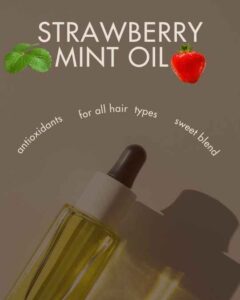

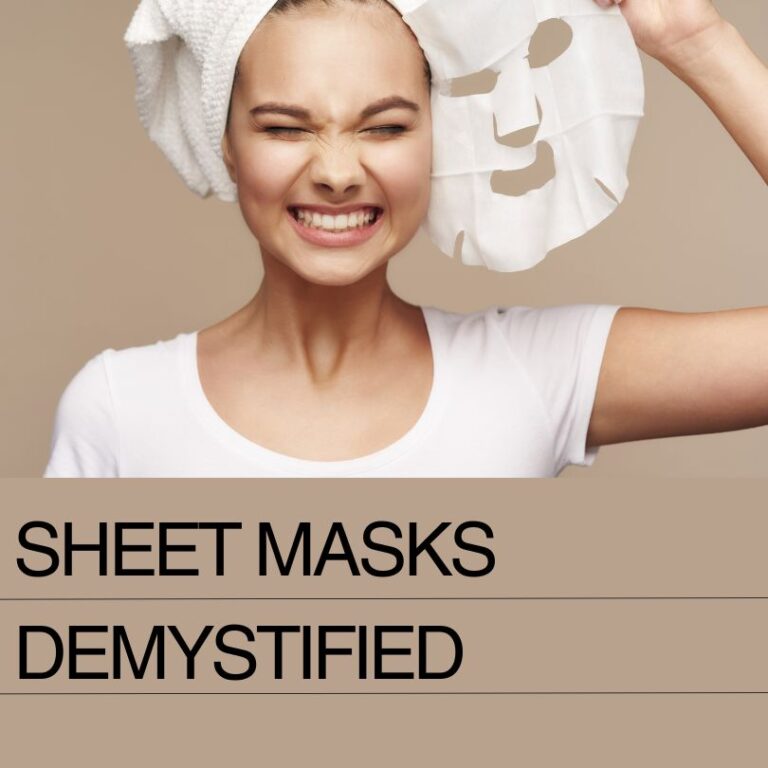
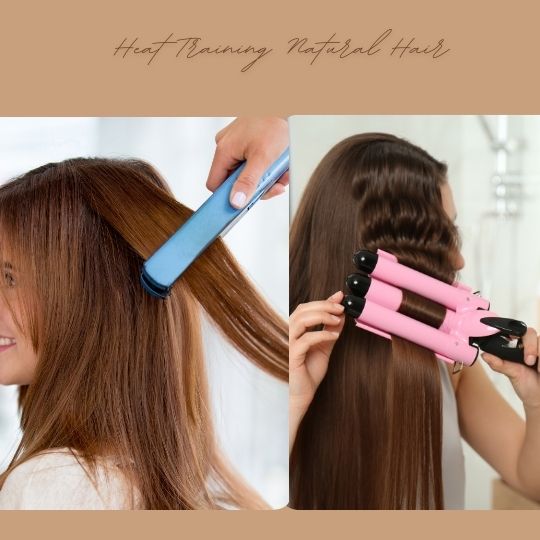
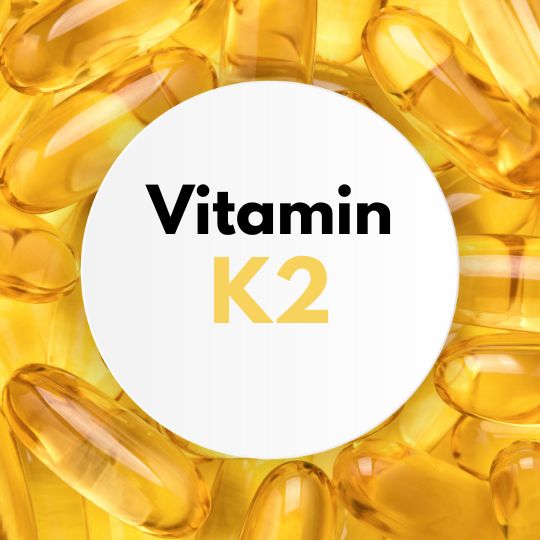
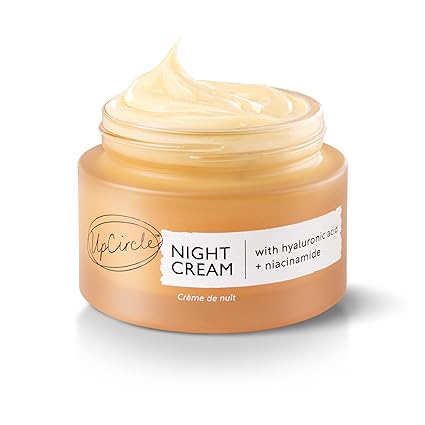
2 Responses
I’ve been browsing online more than 3 hours today, yet I never found any interesting article like yours.
It’s pretty worth enough for me. Personally, if all site
owners and bloggers made good content as you did, the internet will be much more useful than ever before.
Thank you so much for your kind words! I’m thrilled to hear that you found the content on my website interesting and valuable. It’s always my goal to provide useful and engaging articles for my readers. Your feedback is truly appreciated, and it motivates me to continue creating quality content.Thank you for visiting my site and taking the time to leave such a positive comment!